May 14, 2025 | 08:59 GMT +7
May 14, 2025 | 08:59 GMT +7
Hotline: 0913.378.918
May 14, 2025 | 08:59 GMT +7
Hotline: 0913.378.918
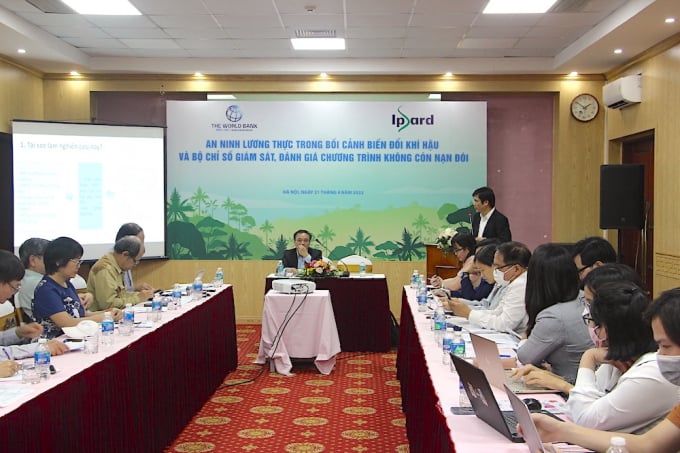
The session on “Food security in the context of climate change and Set of indicators to supervise and evaluate “Zero Hunger Challenge”.
On April 21, the Institute of Policy and Strategies for agriculture and rural development host a session on “Food security in the context of climate change and Set of indicators to supervise and evaluate “Zero Hunger Challenge”.
The seminar is a chance for professionals to discuss their researches on food security in the current circumstances attaching to scenarios for rice land exploitation, promoting nutrient agriculture and oversight of the implementation of the National Action Plan “Zero Hunger Challenge”.
The construction of a food system in Vietnam over the last year has generated various positive outcomes as the production and yield are able to assure food security for 100 million populace. However, due to the affects of climate change and uncertain global developments, the promotion of food system in the new context is a disclosed question.
At the UN Food Systems Summit last year, Vietnam announced and pledged to establish a transparent, sustainable and responsible agriculture for not only its 100 million populous but also export products.
The “Zero Hunger Challenge” initiative was launched after the Prime Minister’s Decision No.712/QD-TTg relying on this commitment and suits the sustainable development goals number 2 (SDG2) on eradicating hunger, guaranteeing food security, enhancing nutrients and creating sustainable agriculture.
During the implantation period from 2018 to 2025, the program sets five main missions including ensuring all people can access to safe food in an easiest manner; a food system ensuring security, safe and hygiene; developing rich-nutrial agricultural products ensuring no children under 2 suffers from malnourishment; 100 percent of small-scale farming households increase production and income; preventing food loss, use food effectively, avoid wasting.
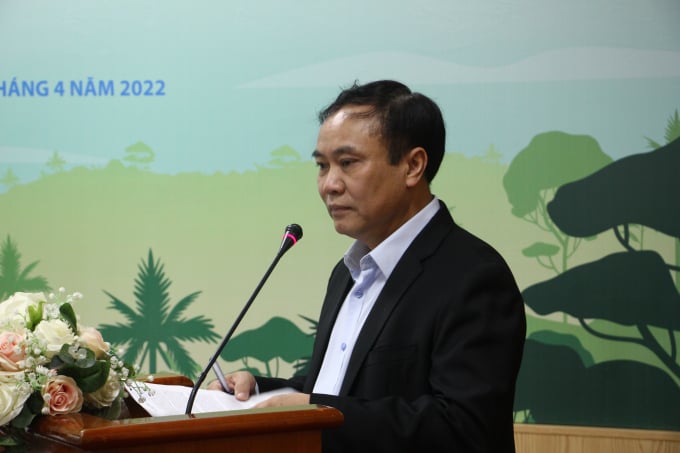
Dr. Le Duc Thinh, Director of the Department of Economic Cooperation and Rural Development.
According to Dr. Le Duc Thing, Director of Department of Economic Cooperation and Rural Development said this is primarily a program to establish a food system that intends to decrease hunger and poverty, but more generally to reduce nutrition "hunger" and "poor".
“In Vietnam, the status of undernutrition and food insecurity still pose numerous potential concerns. The food system that Vietnam has constructed is not just a narrative of post-harvest loss and waste, but also takes into consideration the efficacy of using and preventing food loss right at the dinner table", stated Dr. Thinh added.
According to Dr. Thinh, the first stage of the program lasted from 2108 to 2020 focused at piloting agricultural models of “Zero Hunger Challenge”, developing policy and enhancing communication as well as creating materials for training. In the second stage from 2021 to 2025, the program is broadened to 1,700 poorest commune in Vietnam.
The Ministry of Agriculture and Rural Development assigned the task the Institute of Policy and Strategy for Agriculture and Rural Development and consulting organizations with developing a set of indicators to track and evaluate the "Zero Hunger Challenge" program's implementation results from January 2021 to June 2022.
As a result, the Set of indicators is built on the following principles: the indicators ensure SMART standards (specific, measurable, accountable, realistic, and time-bound); the indicators make use of available data sources, which can be collected through the statistical indicator system or through administrative reports at all levels; the set of indicators is kept to a manageable number; and the set of indicators is built on the National Action Plan "Zero Hunger Challenge" in V. The collection of indicators must be comprehensive in nature, reflecting all five of the aforementioned objectives or content dimensions.
The Institute of Policy and Strategy for Agriculture and Rural Development gathered several comments from experts from the Institute of Agricultural Sciences, the Institute of Nutrition, and others during the workshops in order to revise the draft and create a comprehensive Set of Indicators.
Translated by Linh Linh
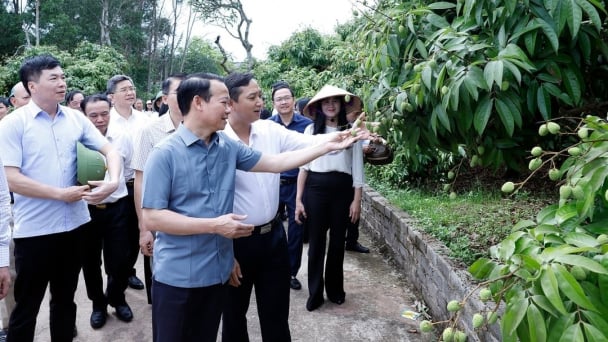
(VAN) Agriculture and environment sector experienced a 3.74% increase in growth during the first four months of 2025, with exports surpassing 21 billion USD. This growth was sustained by effective reforms and a trade surplus.
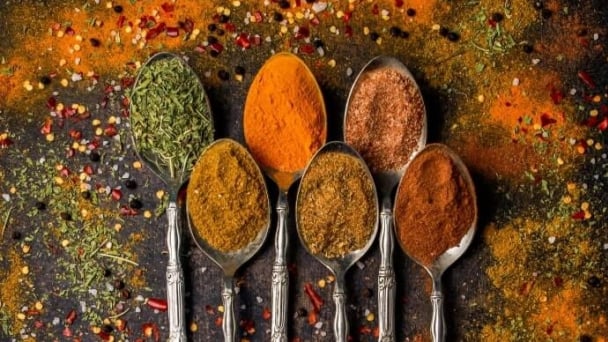
(VAN) Taiwan offers a promising market for Vietnamese turmeric; however, it enforces stringent standards, particularly concerning residual additives, colourants, and substances with potential carcinogenic effects.

(VAN) Through activities at Vietnam Sea and Island Week 2025, solutions will be developed to fully harness the potential and advantages of Vietnam's marine economy.
![Multi-channel, multi-directional Vietnamese agricultural markets: [4] EVFTA and the 0% tax advantage](https://t.ex-cdn.com/nongnghiepmoitruong.vn/608w/files/linhnhp/2025/05/12/day-chuyen-che-bien-tom-tai-1-nha-may-cua-sao-ta-205536_359-1044193.jpg)
(VAN) The near-complete elimination of import tariffs on Vietnamese goods makes the EVFTA the highest commitment the EU has ever made to a partner in its signed trade agreements.
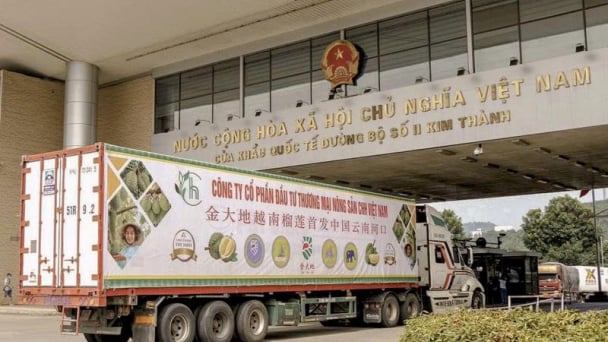
(VAN) Deputy Minister Phung Duc Tien hopes that China will facilitate the entry of Vietnamese agricultural products into its market and accelerate customs clearance at border gates.
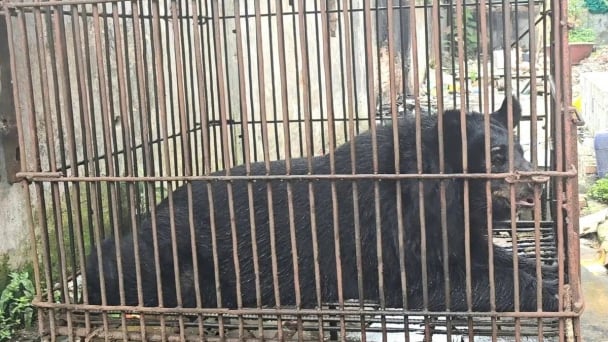
(VAN) On May 10, the Animals Asia Foundation and the Hai Phong Crop Production and Forest Protection Department successfully rescued a nearly 20-year-old sun bear that was being kept by locals.
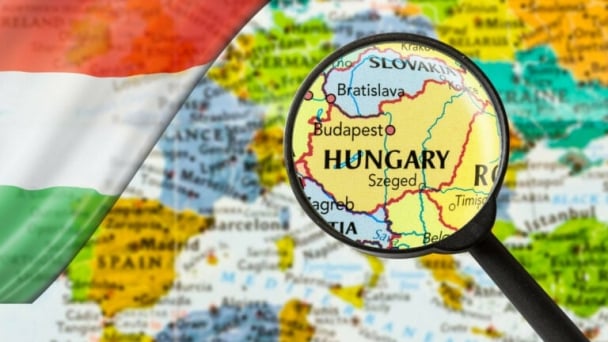
(VAN) Does Hungary have an opportunity to expand poultry production in the coming years despite the pressure from avian influenza and challenges of the trade war?